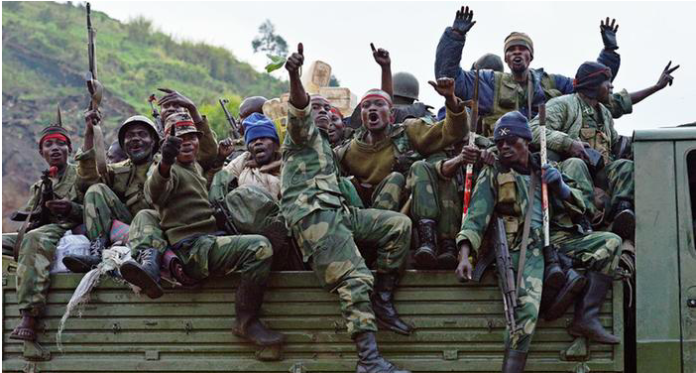In a significant development, parties involved in the conflict in the eastern Democratic Republic of Congo (DRC) have agreed to a 72-hour ceasefire. This crucial step towards peace is endorsed by both the DRC and Rwanda, receiving support from the United States.
The ceasefire, effective from noon Central Africa Standard Time (GMT+2), marks a pause in hostilities to facilitate the withdrawal of forces from Mushaki and the RP1030 road (Kirolwire-Kitchanga). The decision follows confidence-building measures initiated during Director of National Intelligence (DNI) Avril Haines’ visit to the DRC and Rwanda on November 19-20, engaging with Presidents Felix Tshisekedi and Paul Kagame.
Adrienne Watson, spokesperson for the White House National Security Council (NSC), conveyed the United States’ commitment to monitor the activities of armed forces and non-state armed groups during the ceasefire, utilizing intelligence and diplomatic resources.
The DRC and Rwanda have expressed support for the U.S. proposal, emphasizing the significance of the 72-hour ceasefire in implementing confidence-building measures. This cooperative effort aims to protect civilians and de-escalate tensions in the troubled eastern DRC region.
However, Rwanda’s government spokesperson did not immediately respond to the ceasefire announcement, and the spokesperson for President Felix Tshisekedi offered no immediate reaction.
This development comes against the backdrop of heightened tensions between the DRC and Rwanda, with accusations from the DRC of Rwandan support for the M23 rebel group. The M23, which denies breaching a ceasefire deal brokered in November last year, clarified that the 72-hour ceasefire is not applicable to them, characterizing it as a measure to prevent further escalation between the two neighboring nations.
While the ceasefire presents a glimmer of hope for a temporary halt in hostilities, the United States emphasizes its commitment to supporting broader initiatives. The resumption of the Nairobi and Luanda processes is endorsed, seeking to address both current and historical factors contributing to the enduring crisis in the region.





























































